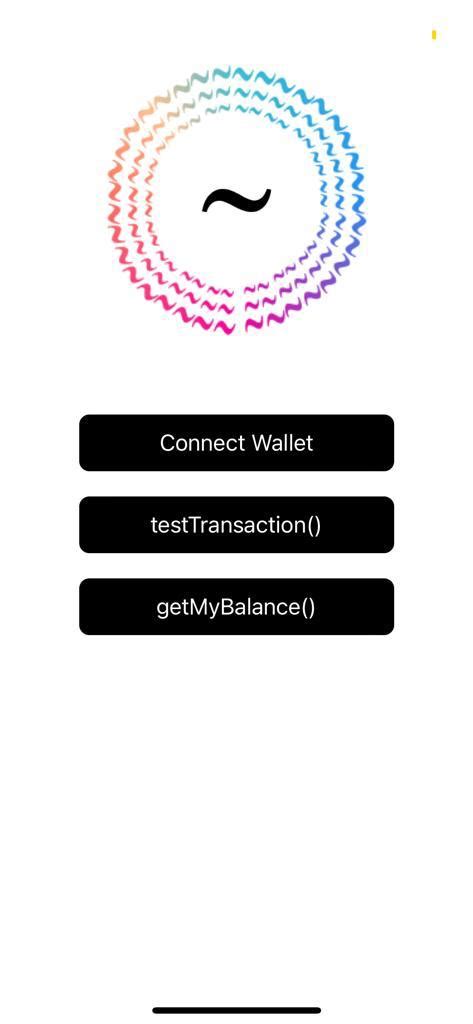Connecting to EthereumProvider via Infura API Key: Troubleshooting Tips
As a developer, you are probably familiar with using wallet connectors like WalletConnect and Infura to access your cryptocurrency wallet data. However, when it comes to connecting to Ethereum Provider, things can get complicated if you don’t have the right setup. In this article, we will explore some potential issues and troubleshooting tips to help you resolve your connection issue.
What is EthereumProvider?
EthereumProvider is a WalletConnect provider designed specifically for Ethereum wallets. It allows users to connect their wallet data to web applications without having to manually log in or authorize access.
Setting up Infura API Key: A Quick Overview
To use Infura, you will need an API key from the [Infura Provider]( dashboard. Once you have your API key, create a new Ethereum node instance and configure it to connect via your wallet data.
Troubleshooting Tips: Connecting to EthereumProvider via Infura API Key
If you are having trouble connecting to EthereumProvider with your Infura project, here are some possible causes and troubleshooting steps:

1.
Incorrect Infura project configuration
- Make sure you have created an appropriate WalletConnect provider instance for Ethereum.
- Verify that your wallet data is configured correctly in the
infura.jsonfile or via your API key.
- Check that your API endpoint URLs and credentials match the expected values.
Example: {"name":"Ethereum Provider","url":"
2.
Missing or incorrect wallet data
- Double check that your wallet data is set correctly in theinfura.json
file or via the API key.
- Make sure you are using the correct wallet provider instance (e.g. EthereumProvider) and configuration settings.
Example: If your wallet data is in the following format:
{
"walletId": " WalletID ",
"chainId": 1,
"walletAddress": "WalletAddress"
}
Then update your infura.jsonfile to match this format.
3.
Infura API Key Errors
- Check the Infura dashboard for any errors or issues with your API key.
- Verify that your API key is correctly generated and associated with your Ethereum wallet.
Example: If you receive an error message like:
"Invalid API key provided"
Verify that your API key matches the expected format and is not expired.
4.
WalletConnect Provider Issues
- Make sure you have properly installed and imported the WalletConnect provider into your project.
- Verify that the WalletConnect SDK is up to date and compatible with your Ethereum wallet.
Example: If you are using a library like walletconnect.js:
const { ethers } = require('ethers');
const walletProvider = new ethers.Wallet(
'WalletAddress',
{
network: 'mainnet',
chainId: 1,
}
);
Then, update your project to use the correct provider instance and configuration settings.
5.
Network Issues
- Verify that your Ethereum node is connected to a stable blockchain (e.g. Ethereum Classic) or a test network.
- Check for issues with connecting your wallet data to the network.
Example: If you encounter frequent errors related to slow transactions, try switching to a different network or changing the settings in the infura.json` file.
Conclusion
Connecting to EthereumProvider using the Infura API key can be tricky. By following these troubleshooting tips and checking for potential issues, you should be able to resolve your connectivity issues and successfully use your wallet data in your web application. If you are still having trouble, we recommend contacting our support team or seeking further assistance in the online forums.